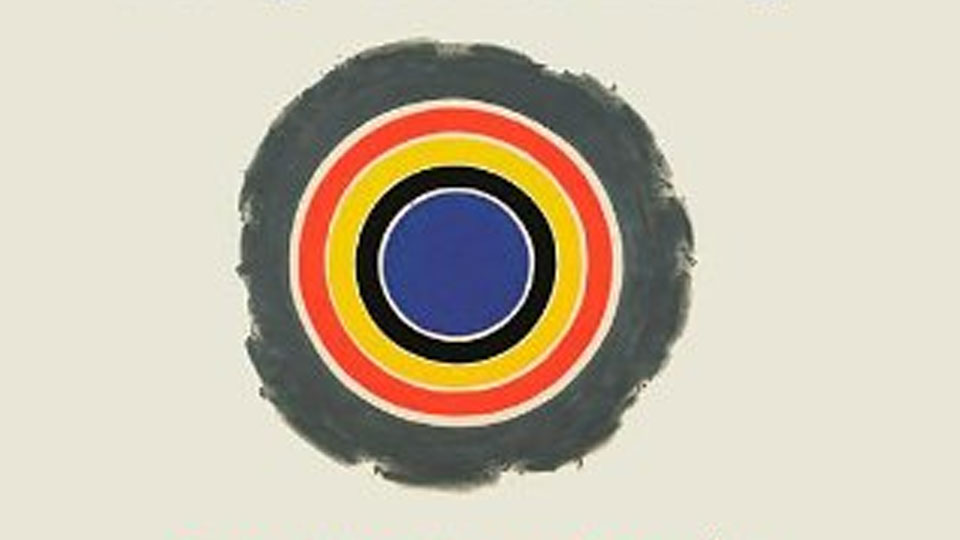This is the purpose of philosophy: to study existence in order to better know ourselves, and to determine what is meaningful or worth pursuing.
Whether or not you believe Objective Truth is accessible to humans is almost incidental, for, even shorn of its lofty goals, the act of philosophic self-examination provides a way for humans to slowly mould and direct the way they live their lives. The practice of philosophy is the cultivation of consciousness; a method by which we can ‘self-create’ and imagine new forms and ways of being in the world.
This passion for philosophy is what brought me to Peter Watson’s heavy, grey tome, The Age Of Nothing: How We Have Sought To Live Since The Death Of God – a book which attempts to chronicle the incredible varieties in ways in which humans (predominantly Westerners) have approached the question of life in a post-religious context.
That might sound a little dry, but what makes The Age of Nothing so engaging is that it doesn’t limit itself to discussion of academic philosophy. Watson analyses dancers, painters, and musicians; political movements, New Age spiritualists, and scientists; psychologists, poets and playwrights, in addition to the ideas of some of the greatest philosophers from the last century. This is wholly appropriate, for the art of living is not merely a question of constructing theories about living, but about action and dynamic engagement with the universe.
The book’s starting point is Nietzsche’s proclamation of the death of God, as published in 1882’s The Parable of the Madman:
The madman jumped into their midst and pierced them with his eyes. “Whither is God?” he cried; “I will tell you. We have killed him – you and I. All of us are his murderers. But how did we do this? How could we drink up the sea? Who gave us the sponge to wipe away the entire horizon? What were we doing when we unchained this earth from its sun? Whither is it moving now? Whither are we moving? Away from all suns? Are we not plunging continually? Backward, sideward, forward, in all directions? Is there still any up or down? Are we not straying, as through an infinite nothing? Do we not feel the breath of empty space? Has it not become colder? Is not night continually closing in on us? Do we not need to light lanterns in the morning? Do we hear nothing as yet of the noise of the gravediggers who are burying God? Do we smell nothing as yet of the divine decomposition? Gods, too, decompose. God is dead. God remains dead. And we have killed him.
“How shall we comfort ourselves, the murderers of all murderers? What was holiest and mightiest of all that the world has yet owned has bled to death under our knives: who will wipe this blood off us? What water is there for us to clean ourselves? What festivals of atonement, what sacred games shall we have to invent? Is not the greatness of this deed too great for us? Must we ourselves not become gods simply to appear worthy of it? There has never been a greater deed; and whoever is born after us – for the sake of this deed he will belong to a higher history than all history hitherto.”
The parable is a concise expression of the existential crisis Nietzsche saw threatening mankind. In a Christian world all value comes from God; an entity who has pre-ordained an order of what is good and bad, right and wrong. When that paternalistic overseer is removed from the equation, the universe – and all human striving – loses all meaning.
Fearing civilisation’s potential collapse into debilitating nihilism, Nietzsche attempted to forge a new system of post-religious meaning that would allow humanity to continue to build, dream and survive. Innumerable people followed Nietzsche in this goal, and the diversity of ways in which they did so is mesmerising.
Watson chronicles the diverse movements which sprung up on the wake of Nietzsche, including the development of Impressionism, Dadaism, and Surrealism; Phenomenology and Existentialism; the Dionysian body-affirmation of modern dance; the changing role of poetry; the rise of nationalism as a substitute for religion; the philosophy of jazz and bebop; the disaster of the Russian Revolution; the theological core of National Socialism; and the incredible impact the development of psychology had on philosophy and religion.
His tome also acts as a brilliant primer to the artistic, philosophical and cultural developments of the 20th Century, introducing readers with figures such as Richard Dworkin, William James, Freud, George Santayana, E. O. Wilson, Lenin, Van Gogh, Heidegger, Kafka, Dali, Rilke, Beckett – the list could go on.
While many people fear the idea of a world without God, I couldn’t help but feel uplifted by humanity’s immense potential after reading The Age of Nothing.
In the past few centuries we’ve begun to suspect there is no mythical entity to absolve us of the incredible responsibility we have over our actions. As Nietzsche anticipated, the rules we once imagined have disintegrated in our hands, leaving us to directly confront the incredible chaos and complexity of the universe.
As a result, we’ve slowly awakened as self-creators of meaning. At times this terrifying freedom has caused us to surge desperately towards man-made systems that promise to resolve life’s ambiguity. Some of these systems have caused immeasurable suffering – as with the horrors of the Red Terror and Auschwitz, or even the egoist absurdity of Scientology – but we have also created beautiful, new constellations of the mind.
Peter Watson’s The Age Of Nothing is a beautiful tribute to the creativity, ingenuity and diversity of the human spirit. At 600 pages – and with language that can at times be quite technical – it is certainly no easy read, but those who take the time will arm themselves with powerful tools to help attain peace and purpose in life.

